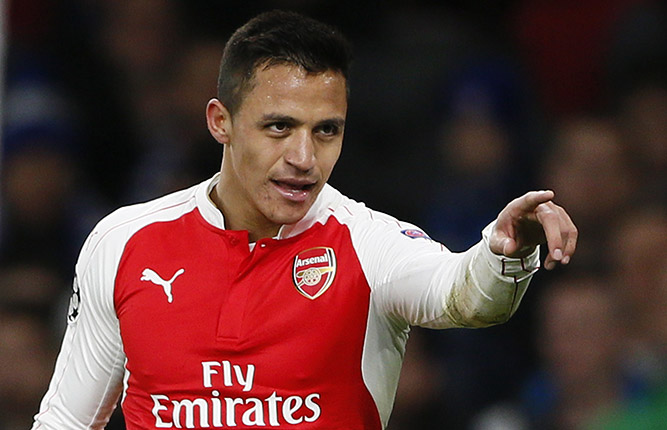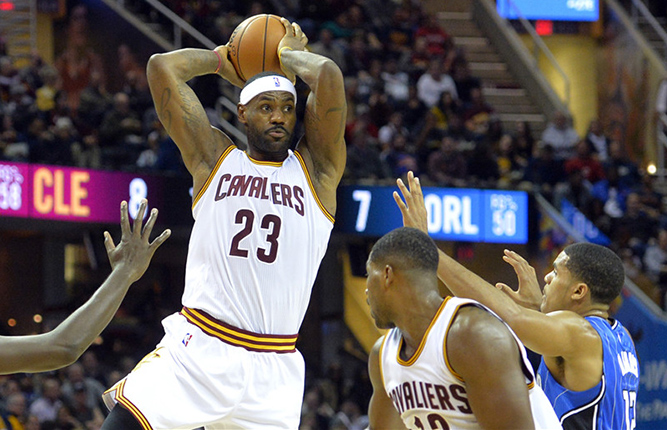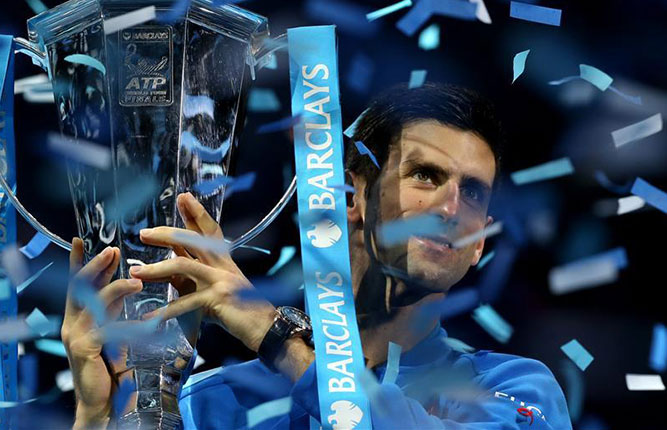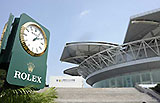Guangzhou Evergrande under fire for change of shirt ad
(chinadaily.com.cn) Updated: 2015-11-24 16:08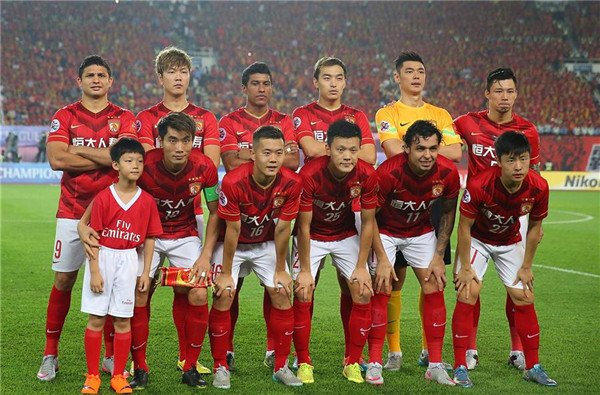 |
|
Players of Guangzhou Evergrande pose for photos before the second leg of the AFC Champions League final match between Guangzhou Evergrande and Al Ahli of United Arab Emirates in Guangzhou, China, Nov 21, 2015. [Photo/Xinhua] |
Guangzhou Evergrande's second AFC Champions League title in three years has been overshadowed by an accusation of breach of contract after the club swapped a sponsor's ad with its own in Saturday's second leg of the final.
The club changed the ad without agreement from Dongfeng Nissan Passenger Vehicle Company, who paid more than 100 million yuan ($15.66 million) for the team's shirts to carry its logo during all matches during the 2014-2015 season.
Instead of promoting Dongfeng Nissan's cars, the shirts of Guangzhou Evergrande Taobao FC's players showed the Chinese name of Evergrande Life, a new insurance branch of its majority shareholder Evergrande Real Estate Group.
Dongfeng Nissan is a joint venture founded in 2002 by Japan's Nissan Motor Co. and China's Dongfeng Motor Corp and the car maker said it was astonished by the club's breach of contract and "has taken legal action against the club."
Dongfeng Nissan said it had rejected the club's request for a buy-back of the ad rights days before the second leg of the final against Al-Ahli of the United Arab Emirates in Guangzhou. The club ceased communication until just before the match when it notified the carmaker about the change by email.
An opinion piece on the website of China's Xinhua news agency criticized Evergrande for its "absence of contract spirit".
A club that ignores the principle of adhering to a contract is unlikely to bring much positive benefit to Chinese soccer no matter how many championships it claims, it said.
Reaction on China's Twitter-like Weibo showed more than 60 percent of respondents believe Evergrande's action was a "disgrace" for the club and makes its second AFC title, after also winning in 2013 and secured 1-0 on aggregate thanks to Brazilian striker Elkeson, less glamorous.
"It is possible Evergrande deliberately created the incident to promote its new insurance business," one Weibo user said.
"I wonder who would buy insurance from a company that has no credit at all," another asked.
- Evergrande to pick up 50% stake in JV insurer
- China's Guangzhou Evergrande wins 2015 AFC Champions League title
- Zheng confident Evergrande set to snare another crown
- Evergrande working on Central China projects
- Guangzhou Evergrande becomes 1st listed soccer club in Asia
- Al Hilal joins Guangzhou Evergrande in AFC Champions League semis
